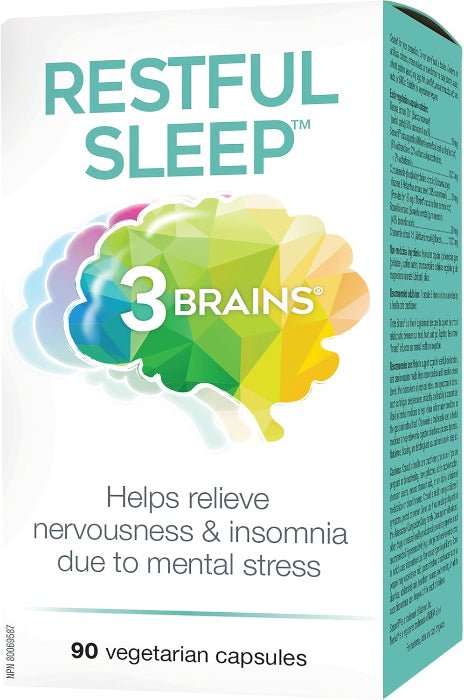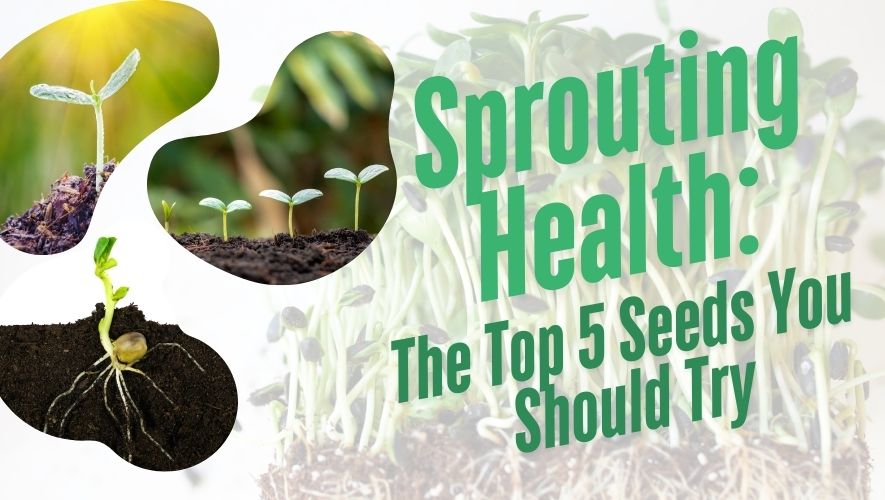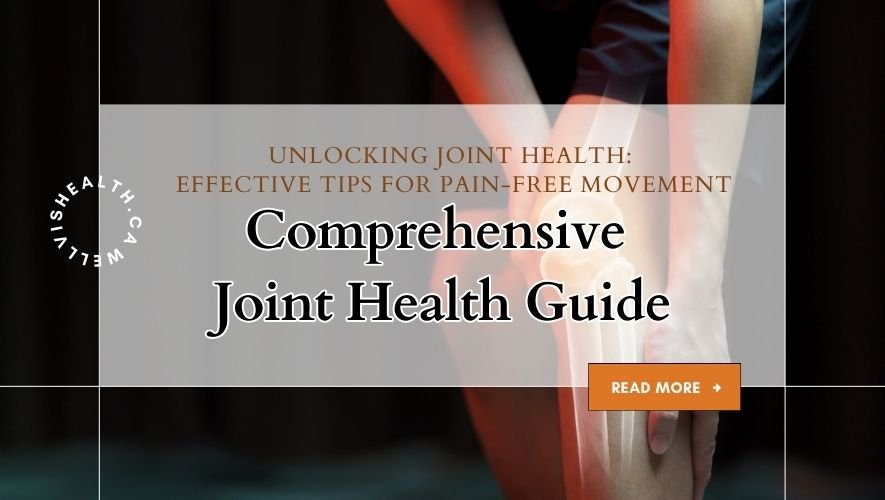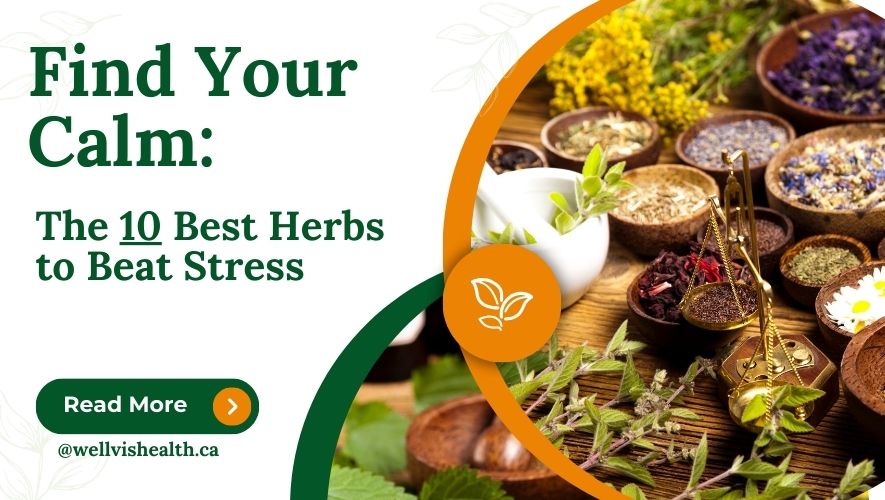Very likely, your first supplement was told to take by friends or family members, because they say it is "good for you". Lots of people take supplements because their friends or family tell them to do so.
A supplement is an excellent choice when you miss some nutrients due to the diet or any underlying health conditions, such as absorption or metabolism problems. Yet, supplements must not substitute whole foods as foods cover a broader spectrum of micronutrients and macronutrients that your body needs.
Here are some reasons people may need the supplements to step in to fulfill their nutritional needs.
- Low-quality foods. Modern massive-production agriculture technique has shortened the growth time of various crops and fruits. Over-use of pesticides and herbicides lowers the quality of oil and adversely affects the soil organisms. All these factors lower the quality of foods. Choosing organic and sustainably harvested foods are good for our health, as well as our environment.
- Food preparation. Improper food preparation, such as high-temperature cooking, oil frying or improper storage condition, can reduce food nutrients to a different extent. Highly processed foods that are found in fast-food restaurants are low in nutritional values, especially low in fibre content. The longer the storage time, the lower the nutritional value.
- Unbalanced diet. Unhealthy eating habit or special diet regimen limits some categories of nutrient intake. For example, heavy coffee drinkers (i.e., more than 5 cups of 8 oz coffee) have lower serum vitamin B levels. Heavy alcohol drinkers affect the absorption and metabolism of various vitamins and minerals. Meat-eaters have a higher chance of lacking some types of digestive enzymes since these are mostly found in vegetables.
- Underlying conditions. Various conditions could affect nutrition intake, such as chronic diarrhea, food allergies, food intolerance, a disease of the liver, gallbladder, intestines or pancreas, surgery on the digestive tract.
- A special group of the population such as the elderly and pregnant women, or vegan. Such a population may have a higher demand for certain types of nutrients. Pregnant women are suggested to take DHA, folic acid and multivitamins for healthy fetal growth. Folic acid helps to reduce the risk of birth defects. Calcium and vitamin D play an important role in bone health in elderly and osteopenia/osteoporosis individuals. People who adopt a vegan diet may have a higher chance of iron deficiency.
If your diet doesn’t seem to fulfill daily nutrition recommendations, you may need a nutritionist or dietitian to evaluate your diet and modify it accordingly. Or, add on appropriate supplements to bring in extra nutrition values into your diet.










